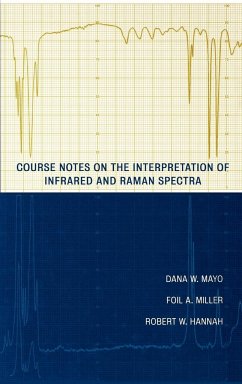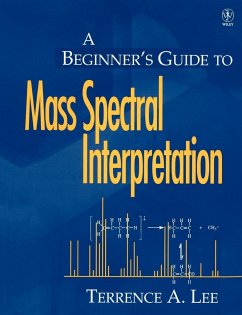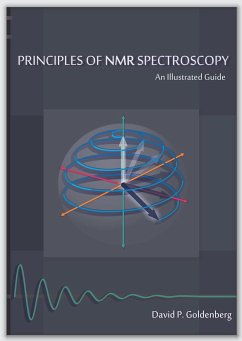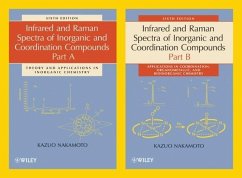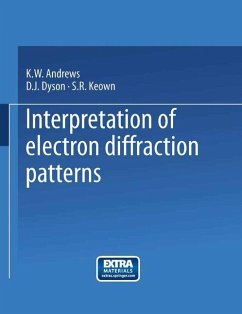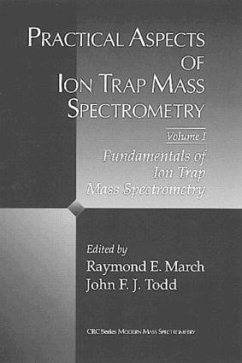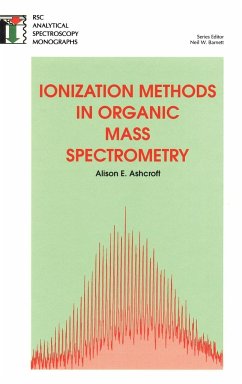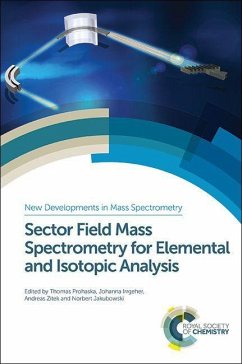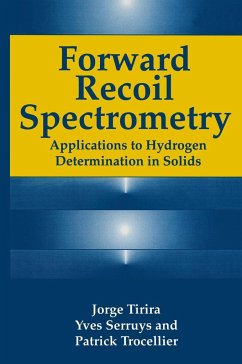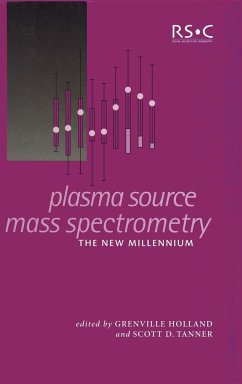Nicht lieferbar
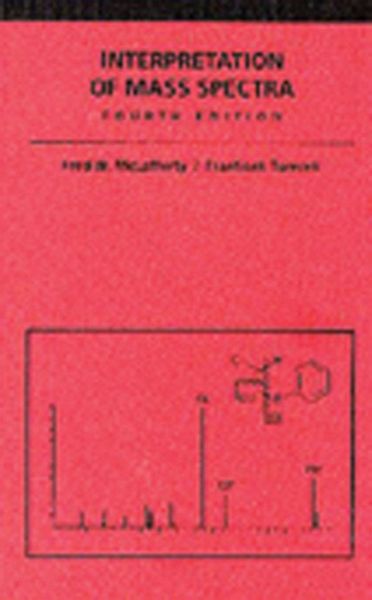
Interpretation of Mass Spectra
Versandkostenfrei!
Nicht lieferbar
This classic text is intended for classroom use or self study, as students learn how to interpret mass spectra in order to discern molecular structures or identities of compounds. Fred McLafferty's brilliant little red book trains students how to interpret mass spectra to solve unknowns. The 4th edition has been a go-to resource for students, instructors and researchers since 1993.




